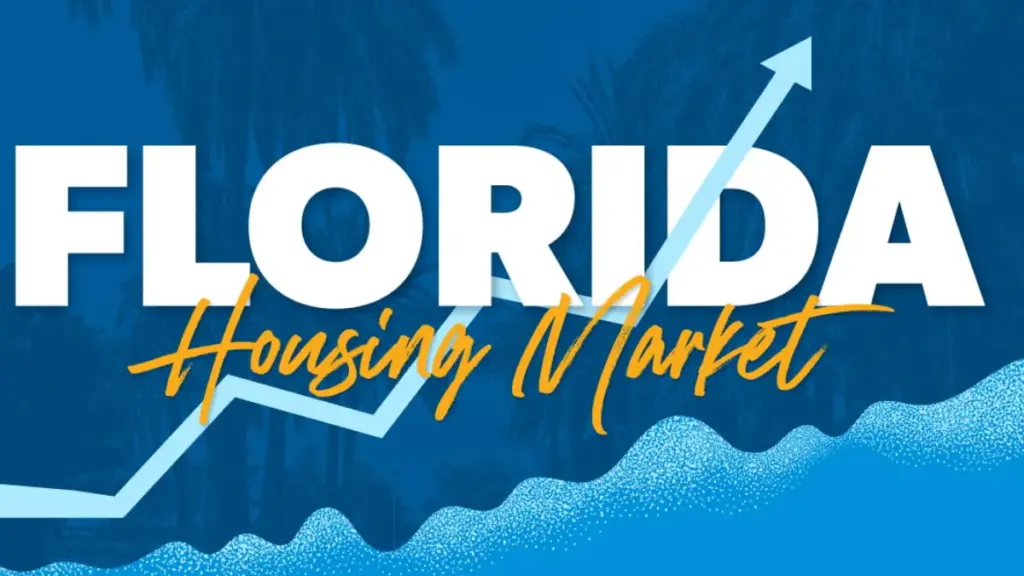Florida has long been one of the most attractive real estate markets in the United States, thanks to its warm climate, growing population, and tax-friendly environment. However, in 2025, the state’s housing market is showing signs of cooling after years of rapid growth.
This article explores current trends, pricing updates, and market dynamics in Florida, helping buyers, sellers, and investors understand what to expect this year.
Current Market Overview
Average Home Prices in 2025
The average Florida home value is around $384,800, reflecting a 4.3% decline year-over-year. The median listing price is approximately $425,000, while the median sale price is about $378,000.
Inventory and Days on Market
Inventory levels have increased significantly, reaching 5–6 months of supply, shifting many areas into buyer’s market conditions. Homes now take 49–65 days to go pending, giving buyers more time to make decisions.
Metro-Level Highlights
- Miami–Fort Lauderdale: Luxury segments remain resilient with slight price growth.
- Tampa and Sarasota: Price drops of around 2–4% with rising inventory.
- Jacksonville and Orlando: Home values have slightly declined, offering better opportunities for buyers.
Key Factors Driving the Market
1. Oversupply and Slowing Demand
Rapid construction and reduced migration have created an oversupply in several metros, leading to price corrections.
2. Rising Insurance Costs
Florida has some of the highest homeowner insurance premiums in the U.S., averaging over $6,000 annually, making homes less affordable.
3. Stricter Condo Regulations
After the Surfside collapse, stricter safety requirements have led to higher HOA fees, affecting condo sales in Miami and nearby areas.
What Buyers Should Know
- Stronger Negotiation Power: With high inventory, buyers can secure better deals and avoid bidding wars.
- Metro Selection is Key: Cities like Jacksonville and Orlando are offering more affordable entry-level housing options.
- Check Total Costs: Factor in insurance and HOA fees when budgeting for a purchase.
What Sellers Should Expect
- Pricing Adjustments May Be Needed: With price reductions becoming common, sellers must be realistic to attract buyers.
- Longer Selling Times: Homes are taking longer to sell, so patience is necessary in 2025.
Insights for Investors
- Rental Demand Remains Strong: Especially in Miami, Orlando, and Tampa suburbs.
- Higher Costs May Reduce Returns: Rising insurance and maintenance costs can impact profitability.
- Focus on Long-Term Opportunities: Suburban and mid-sized markets offer better rental yields.
Conclusion
The Florida housing market in 2025 is transitioning from a period of rapid growth to a more balanced state. Prices have declined slightly, inventory has risen, and buyers now hold greater negotiating power.
For buyers, this presents a good opportunity to purchase at lower prices. Sellers may need to adjust expectations, while investors should factor in higher insurance costs when evaluating rental property returns.


